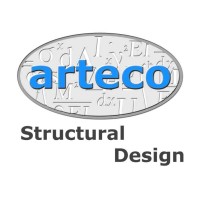
Siddhant Engineering Services
Siddhant Engineering Services provides high quality complex and delicate CNC Milling / Engraving job work services. We provide job work services in following areas: 1] 4-Axis CNC Engraving / Micro-Milling 2] Stamping Dies 3] Plastic Molding Dies / Inserts 4] Foil Stamping / Embossing Blocks 5] Copper / Graphite Electrodes 6] Jewelry / Coining Dies Through every aspect of our business we are committed to help our customers succeed in their goals by providing high quality job work and emphasizing on precision with highest level of honesty and integrity. We have extensive experience in providing milling/engraving services using latest cad-cam software’s. We are equipped with latest CNC Engraving Machines, including 3-Axis as well as 4-Axis with a capacity of 600MM X 700MM of machine working area and maximum weight handling capacity of 100Kg.






